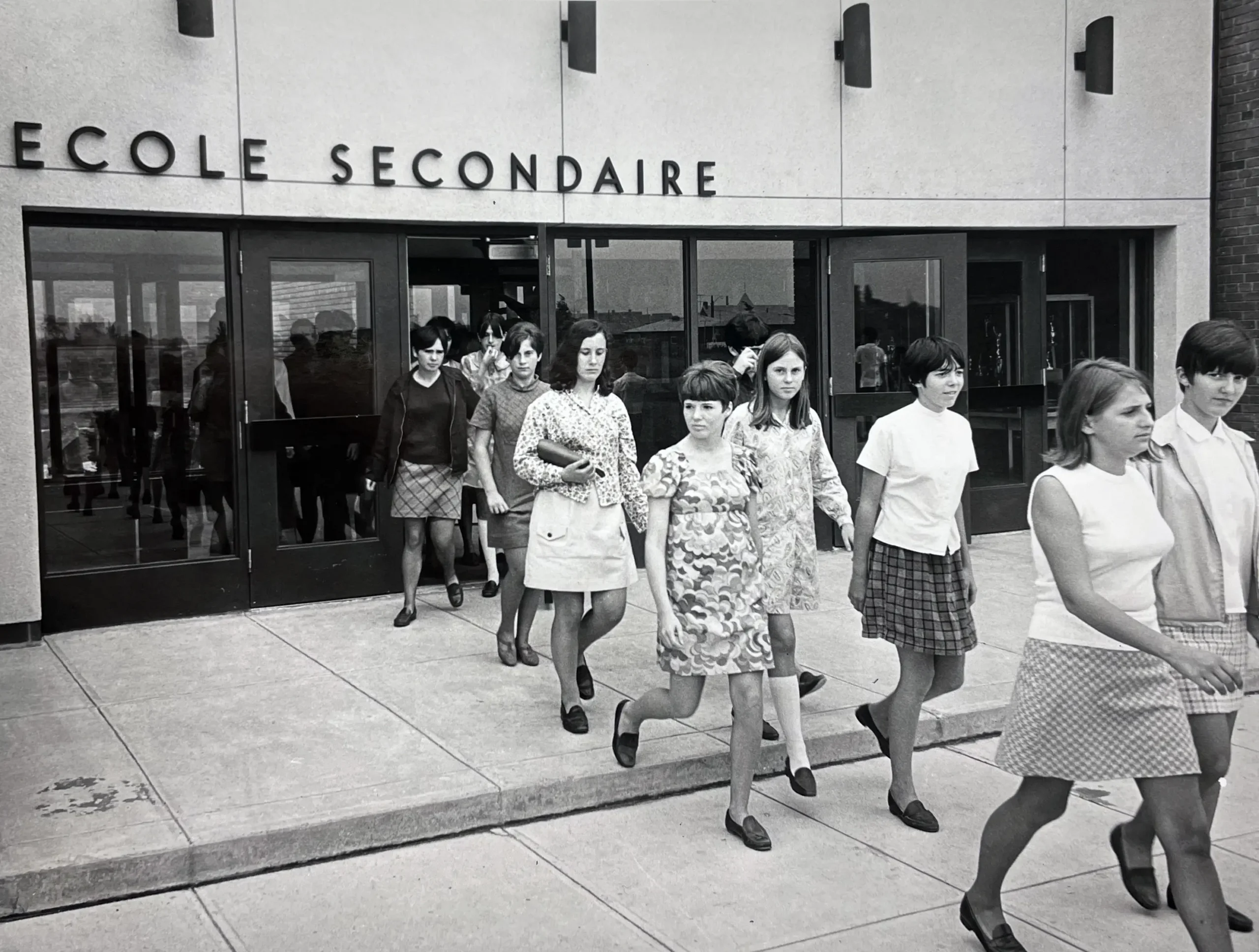Records related to Franco Ontarians
Historic land claims, fur trade, Franco Ontarian settlements, arts and education records.

Topic in development
We are currently developing this topic. Access an archived version of our Franco Ontarian online resource guide on Archive-it.org.
Note: some links on our former website may not work. Contact us if you need help finding resources.
